Dog Oral Cancer – When To Put Them Down
There are many details to learn if your dog has been diagnosed with oral cancer, especially if you want to be prepared for when it’s time to say goodbye.
In this article we will discuss the details of oral cancer in dogs, the treatment options available, and when it may be time to say goodbye.
Oral Cancer In Dogs – What Is It?
Unfortunately for the furry friends in our lives, they are not immune to developing cancer.
Oral cancer is one of the many cancers our canine friends can fall victim to, causing uncomfortable growths of tissue to form within the mouth.
These cells divide uncontrollably in the area, eventually leading to an invasive and potentially malignant cancer.
Not only are these tumors incredibly invasive, but they can be life threatening as well.
Types Of Oral Cancer In Dogs
Melanoma is the most common type of oral cancer in dogs, but there are three other subtypes of cancer that are commonly seen as well.
Most oral cancer tumors in dogs are either:
- Melanomas
- Sarcomas
- Squamous cell carcinomas
- Ameloblastomas
Each has the ability to be invasive and malignant, but initial treatment for each type is often similar.
What Causes Oral Cancer In Dogs?
In most cases of oral cancer in dogs, there is not a definitive cause of the disease.
Cancer can develop in even the healthiest of pups, proving that the disease can overtake almost anyone.
While most times you will not have a concrete answer on why your dog got cancer, there are a few potential factors that may contribute to the development of the disease.
Some of the potential causes of oral cancer in dogs include:
- Previous viral illnesses
- Carcinogen exposure throughout their life
- Hereditary predisposition
- Being male, as male dogs appear to be twice as likely to develop oral cancer
If you have any questions about how this happened to your pup, you can always speak with your vet.
While they may not be able to offer you a solid answer, they can discuss your dog’s medical history and what could have put them more at risk.
Are Some Dogs More Prone To Oral Cancer Than Others?
Any dog can develop oral cancer, but there are some breeds that appear to be more prone to developing the disease than others.
This can be due to a variety of factors ranging from mouth pigmentation to genetic dispositions, but there is not yet anything concrete.
Some dog breeds that are most prone to getting oral cancer include:
- Chow Chows
- Boxers
- Golden Retrievers
- German Shepherds
- Poodles
- Weimaraner's
These pups will not always develop the disease, but being aware of the possibility can help to detect the cancer if it ever erupts.
Symptoms Of Oral Cancer In Dogs
A dog’s clinical signs will vary based on the type of cancer they have, where it is located, and how progressed the tumor is when it is diagnosed.
Some tumors will grow in spots obvious to a dog’s owners, while others will only catch on due to changes in behavior.
Some of the most common symptoms of oral cancer in dogs include:
- Bad breath
- Drooling
- Bloody drool
- Tooth loss
- Facial swelling
- Difficulty eating
- Sensitivity of their face
- Obvious growth in the mouth or on the gums
- Dropping food as they eat it
- Lack of appetite
- Weight loss
- Vomiting
- Swollen lymph nodes
If you notice any of the above symptoms in your dog, we suggest having them seen by your veterinarian immediately.
Though oral cancer may not be the cause of their symptoms, these signs can still point to underlying conditions that will require treatment.
Diagnosing Oral Cancer In Dogs
Most growing oral tumors are diagnosed during routine dental cleanings or due to strange symptoms noticed by their owners.
Once these tumors are found, the vet can then explore a few different diagnostic options to help them diagnose the type of cancer present.
The first diagnostic tool available is a fine needle aspirate (FNA).
Your veterinarian can perform this in their office by aspirating a needle within the growth, and placing the contents on a microscope slide.
Your vet can then examine the sample for any cancerous cells, but this option is not entirely reliable.
Some tumor types do not shed cells easily with this method, while other cancer types can resemble normal epithelial cells.
Due to this, most veterinarians will recommend an actual biopsy.
The most reliable diagnostic option for oral cancer is a biopsy.
Your vet can remove a small portion of the tumor while your dog is under sedation, allowing them to send the sample to a lab for proper histopathology (examining the tissue under a microscope).
This can not only allow your vet to diagnose the type of cancer your dog has, but it may even offer insight to how the cancer behaves.
It’s also important to note that your veterinarian may suggest performing chest x-rays to rule out any metastasis to the lungs.
They may also recommend an ultrasound of the abdomen, as tumors can develop in these areas as well.
This is common if their cancer has spread to other portions of your dog’s body, and it is essential in properly staging your dog’s disease.
Your vet may also suggest performing a full panel of blood tests to search for any underlying metabolic issues, as your vet will want your pup as healthy as possible before pursuing treatment options.
Can You Treat Oral Cancer In Dogs?
Though each cancer may involve a slightly different treatment approach, most veterinarian’s will first suggest surgical removal of the tumor.
The success of this procedure is variable based on how invasive the tumor is, as some tumors will have already invaded the jaw bone.
Your vet will remove as much of the cancer that they can, and even surrounding lymph nodes if they have been affected.
Even if there is still cancer left behind, the removal of most of the tumor can offer your dog significant pain relief.
If your vet thinks it is necessary, they may then recommend radiation therapy to combat any remaining cancer in the area.
In many cases, your vet can tissue in the surrounding area tested for the success of the tumor removal.
This means examining the tissue for any evidence that cells were left behind, and even estimating whether or not the cancer will return.
While these tests are never certain they can be beneficial in determining your dog’s life expectancy.
Life Expectancy Of Oral Cancer In Dogs
Any time a dog is diagnosed with oral cancer, their owners want to have an understanding of the general life expectancy.
While each situation will vary based on the type of tumor and how advanced their disease is at the time of the diagnosis, there is an average number to keep in mind.
If a dog has oral cancer that does not receive any treatment, the standard life expectancy is about 2-3 months.
However, if a dog does receive adequate treatment for their cancer type, most dogs can have anywhere from 6-12 months.
Your veterinarian is the only one that understands the details of your dog’s case, so we suggest asking them about the specifics of your dog’s life expectancy.
When To Euthanize Dog With Oral Cancer
If you think your dog with oral cancer may be starting to suffer, you may be faced with the question of whether or not it is time to say goodbye.
This is a personal decision that will always include varying factors, and should only be made with the guidance of your veterinary team.
Though this is a personal decision, there are a few situations in which the quality of life conversation is warranted.
To help you make an educated decision when that time comes, let’s discuss a few of the ways to know that your dog is suffering.
They Are Listless & Disinterested In Life
It can be unbearable to watch your once playful dog appear disinterested in things they once enjoyed.
This can be a sign that they not only have no energy to participate in day to day activities, but they may no longer find happiness in them due to their chronic pain.
They No Longer Want To Eat
A loss of appetite is a common sign that a cancer patient is declining.
This can be a sign that their mouth is in too much pain to willingly eat food, but they may be feeling unwell overall.
If you can no longer get your dog to eat, this could be their way of telling you they are ready.
Their Pain Is Unbearable
Many dogs with oral cancer will be prescribed pain medication to ease their daily discomfort.
Though this is incredibly helpful, there may come a time in which this medication no longer helps.
Some signs of a dog with terrible mouth pain include not eating, crying out when their face is touched, dropping food from their mouth while they eat, and lethargy.
Treatment Is Not Possible
Though most of us would want to do everything possible for our dogs, it’s not always possible.
Some tumors will be too invasive to remove effectively, while some treatment options will be too costly for some owners to pursue.
If treatment is not possible for whatever reason, it may be the kindest thing to let your pup go.
Final Thoughts
Oral cancer in dogs is a devastating diagnosis, for both the canine friend and the humans that love them.
We hope you can find advice with your trusted veterinarian, as well as comfort in whichever decision you make.
Contact with your local vet for the best advise
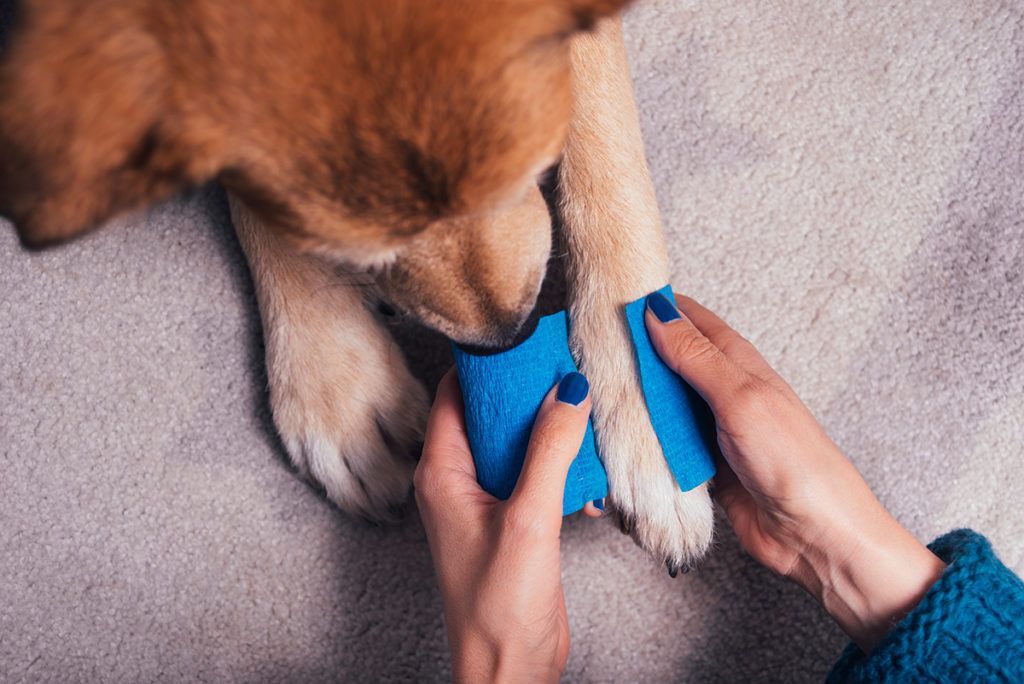
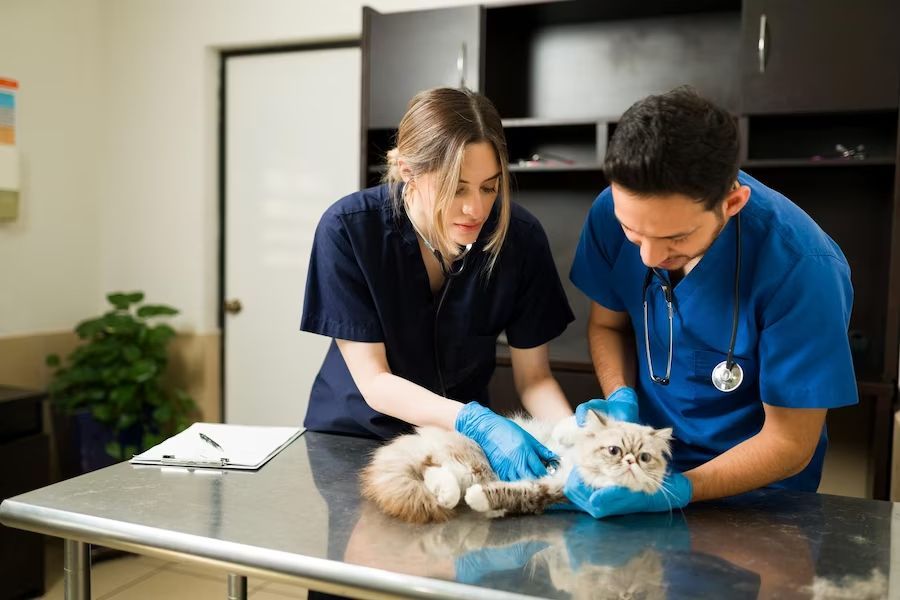
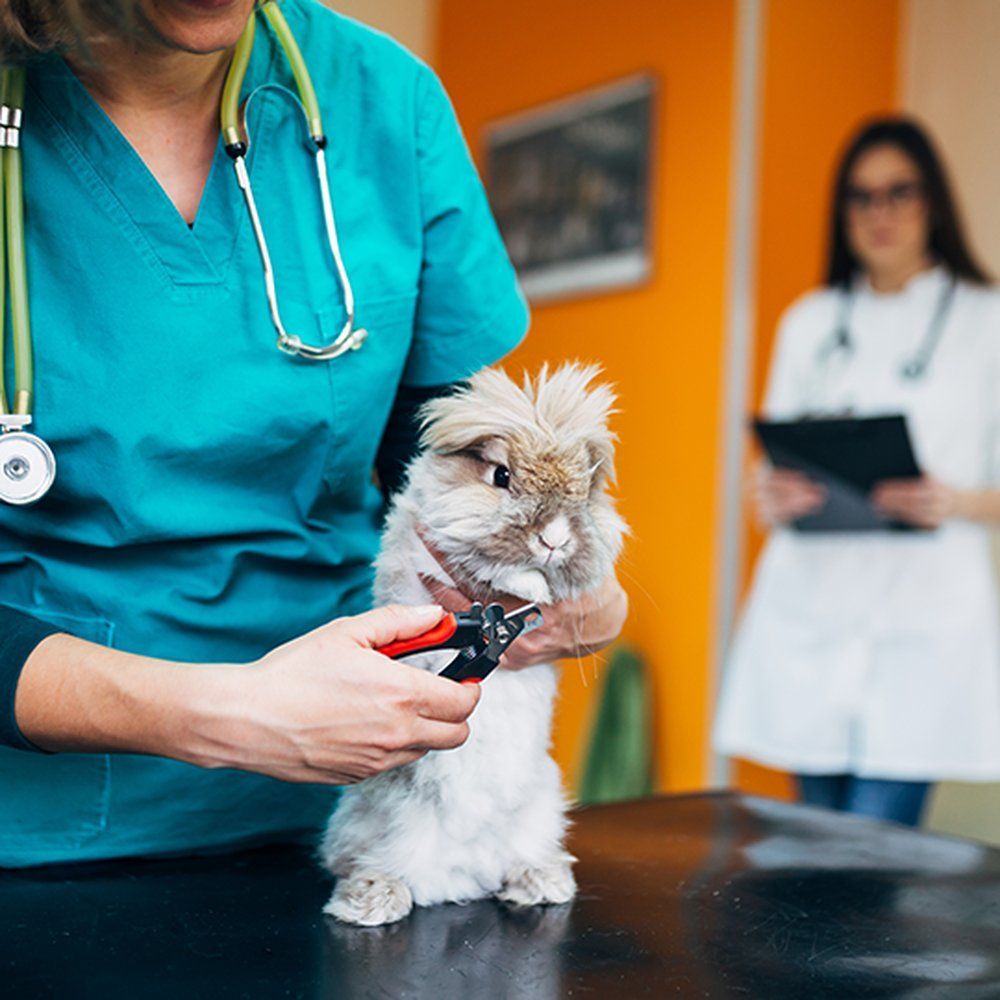

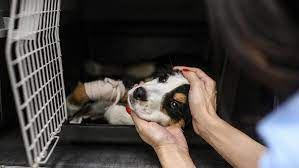
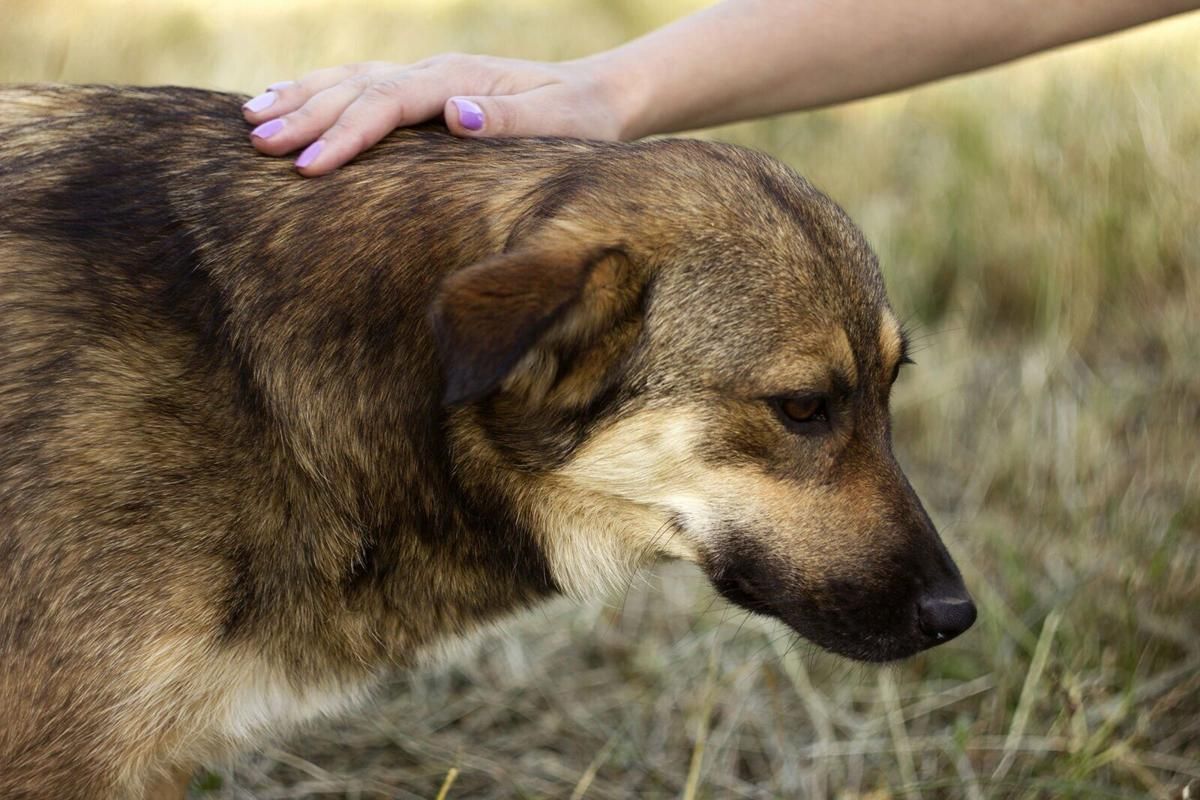
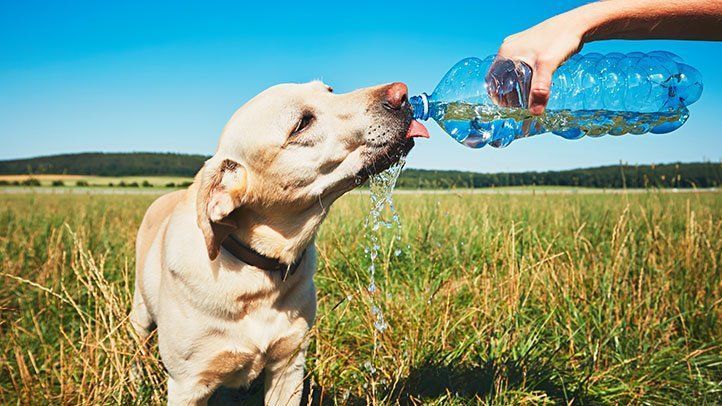

Resource Center




24/7 Local Veterinarian is a Veterinarians referral service. We connect you with Veterinarians in your area. All Veterinarians are operated independently of 24/7 Local Veterinarian. It is the responsibility of each user to verify that the Veterinarian connected with meets all licensing and insurance requirements in that jurisdiction.
Photos on 24/7 Local Veterinarian are for design purposes only and do not represent the vets services in your area.
Services will not be available in all areas, and when services are available, they may vary depending on providers available.


